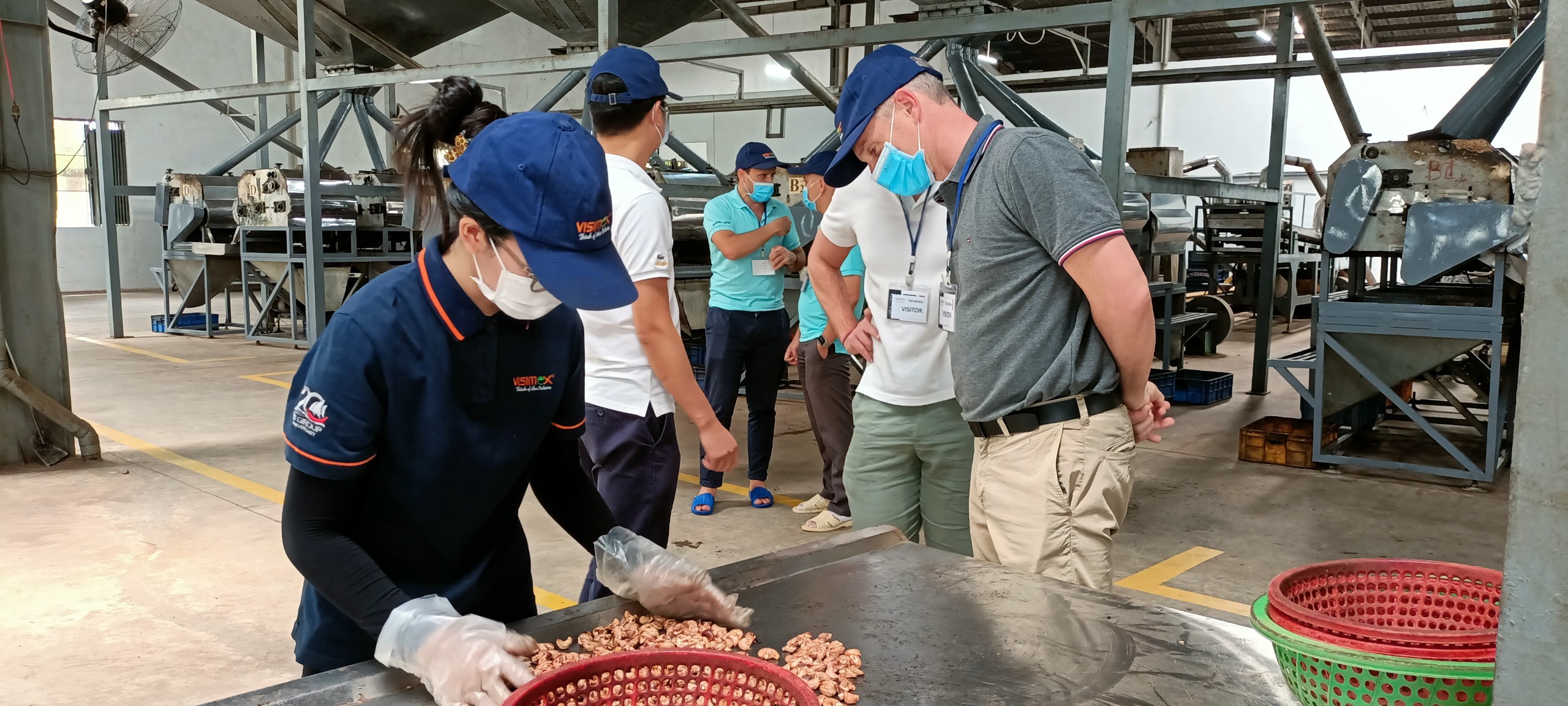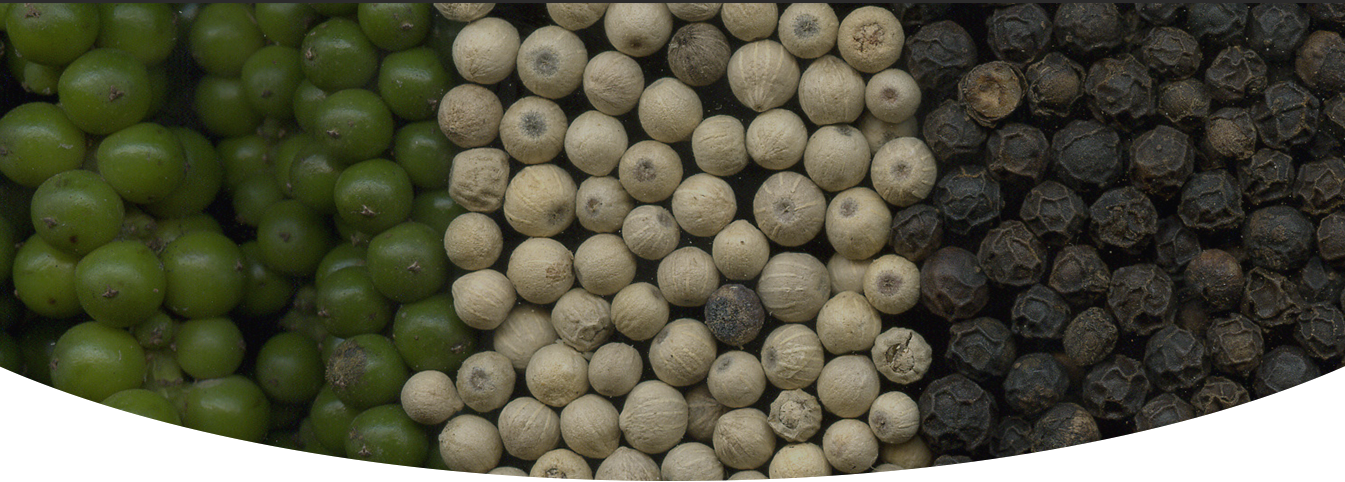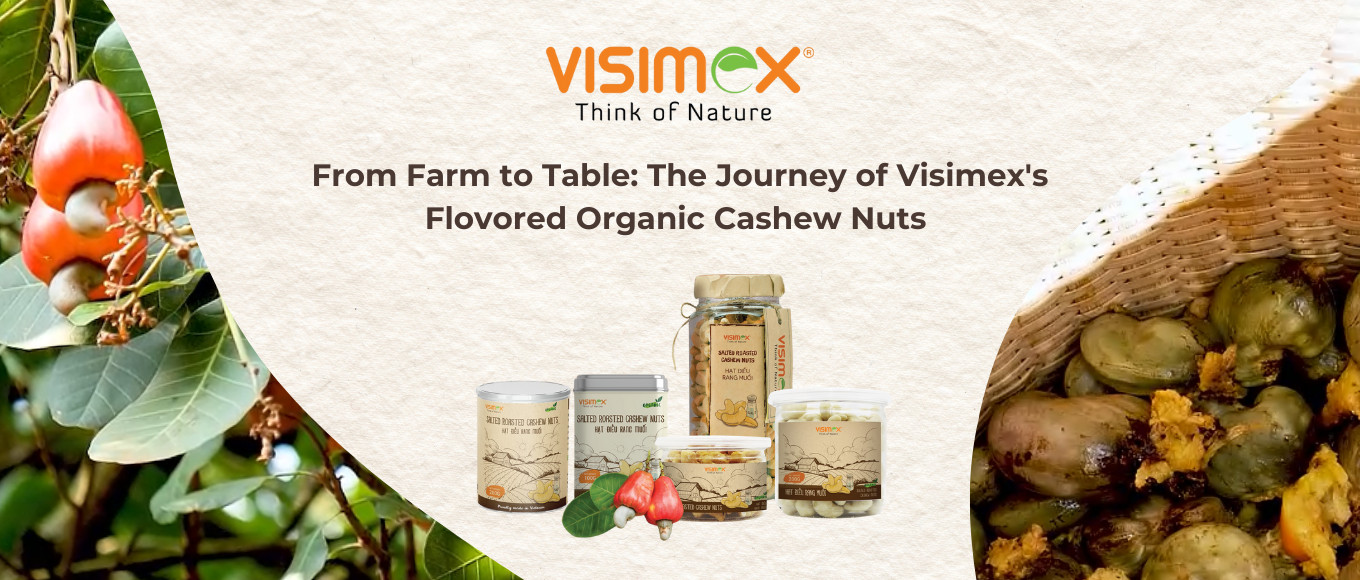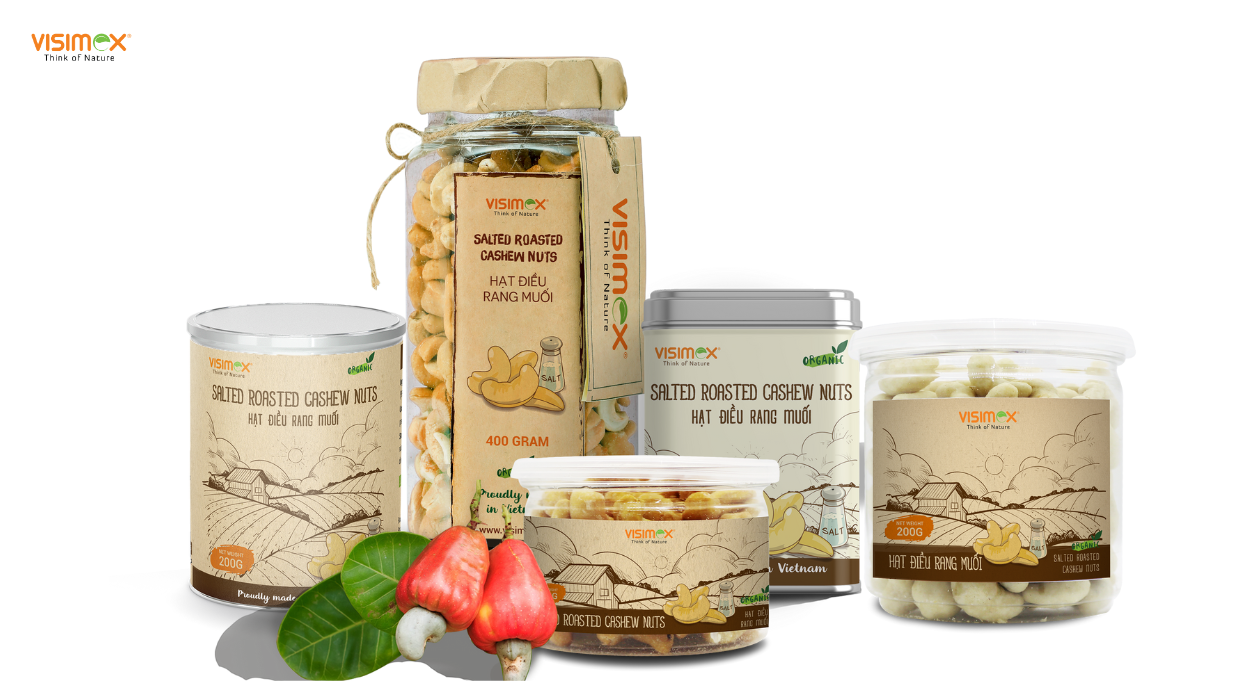Organic cashew nuts are highly valued for their nutritional benefits and sustainable production methods. However, ensuring the quality and freshness of organic cashew nuts requires proper processing and storage techniques. In this article, we will explore the best practices for processing and storing organic cashew nuts to maintain their flavor, texture, and nutritional value.
Importance of Proper Organic Cashew Nut Processing
Maintaining Nutritional Integrity: Proper processing techniques play a crucial role in preserving the nutritional integrity of organic cashew nuts. From harvesting to packaging, each step should be carefully executed to minimize nutrient loss. Organic cashew nuts are rich in essential minerals, healthy fats, and antioxidants, making their nutritional value a key consideration.

Enhancing Flavor and Texture: Effective processing methods contribute to the development of a desirable flavor profile and a satisfying texture. Careful control of roasting parameters ensures that cashew nuts are evenly cooked, bringing out their natural nutty and buttery taste. Additionally, proper processing techniques prevent kernel damage, resulting in a pleasant texture that is neither too hard nor too soft.
Meeting Organic Certification Standards: Organic cashew nuts must adhere to stringent organic certification standards. This includes using organic farming practices, avoiding synthetic chemicals, and implementing eco-friendly processing methods. By following these standards, organic cashew nut processors demonstrate their commitment to sustainability and consumer health.
Best Practices for Organic Cashew Nut Processing
-
Harvesting and Drying:
Timely Harvesting for Optimal Nut Quality: Harvesting organic cashew nuts at the right time ensures maximum nut quality. It is crucial to harvest the nuts when they are fully mature and ripe. Early harvesting can result in underdeveloped nuts, while delayed harvesting may lead to over-ripening and reduced quality.
Proper Drying Techniques to Prevent Mold and Moisture: After harvesting, the cashew nuts should be dried promptly to prevent mold growth and maintain their quality. Drying can be achieved through natural sun drying or mechanical drying methods. Regardless of the technique used, it is important to ensure proper ventilation and consistent airflow to avoid moisture buildup.
-
Shelling and Sorting:
Gentle Shelling Methods to Avoid Kernel Damage: Cashew nuts have a hard outer shell that requires careful removal to avoid kernel damage. Utilizing gentle shelling methods, such as hand cracking or mechanical shelling, helps preserve the integrity of the cashew kernels. This ensures that the kernels remain intact and visually appealing.

Thorough Sorting to Remove Defective Nuts: Sorting is a critical step in the processing of organic cashew nuts. It involves the removal of defective or damaged nuts, such as those with cracks, discoloration, or infestation. Thorough sorting guarantees that only high-quality nuts proceed to the next processing stages.
-
Roasting and Cooling:
Controlled Roasting Process for Even Heating: Roasting is an essential step in enhancing the flavor and aroma of cashew nuts. It is important to employ a controlled roasting process that ensures even heating throughout the nuts. This helps achieve a consistent and desirable flavor profile while minimizing the risk of over-roasting or burning.
Adequate Cooling to Prevent Overheating: After roasting, proper cooling is necessary to prevent overheating and maintain the quality of organic cashew nuts. The cooling process should be carefully monitored to ensure that the nuts reach an optimal temperature before further processing or packaging.
Effective Storage Techniques
Temperature and Humidity Control: Maintaining the right storage conditions is vital to prevent spoilage and maintain the freshness of organic cashew nuts. Cashew nuts should be stored in a cool and dry environment to minimize the risk of mold growth or rancidity. It is important to avoid exposure to excessive heat or humidity, as they can accelerate the deterioration of the nuts.
Packaging and Sealing: Proper packaging and sealing play a crucial role in preserving the quality of organic cashew nuts. Airtight containers or packaging materials that provide an effective barrier against oxygen, moisture, and light should be used. This helps to extend the shelf life of the cashew nuts and preserve their flavor and nutritional value.
Proper Stock Rotation: Implementing a first-in, first-out (FIFO) inventory management system ensures that cashew nuts are consumed in the order they were received. This practice prevents older stock from sitting on the shelves for too long, reducing the risk of spoilage and maintaining product freshness.

Proper processing and storage of organic cashew nuts are essential for maintaining their quality, flavor, and nutritional value. By following the best practices outlined in this article, organic cashew nut processors can ensure that their products meet the highest standards of excellence. As a pioneer in organic agriculture in Vietnam with 20 years of experience in exporting Vietnamese agricultural products, Visimex is committed to implementing these practices and delivering high-quality organic cashew nuts to the global market.
Don’t compromise on the quality of your organic cashew nuts. Trust Visimex for sustainably produced and carefully processed cashew nuts that meet the highest standards of excellence.
Discover our products by clicking here
Follow our LinkedIn











